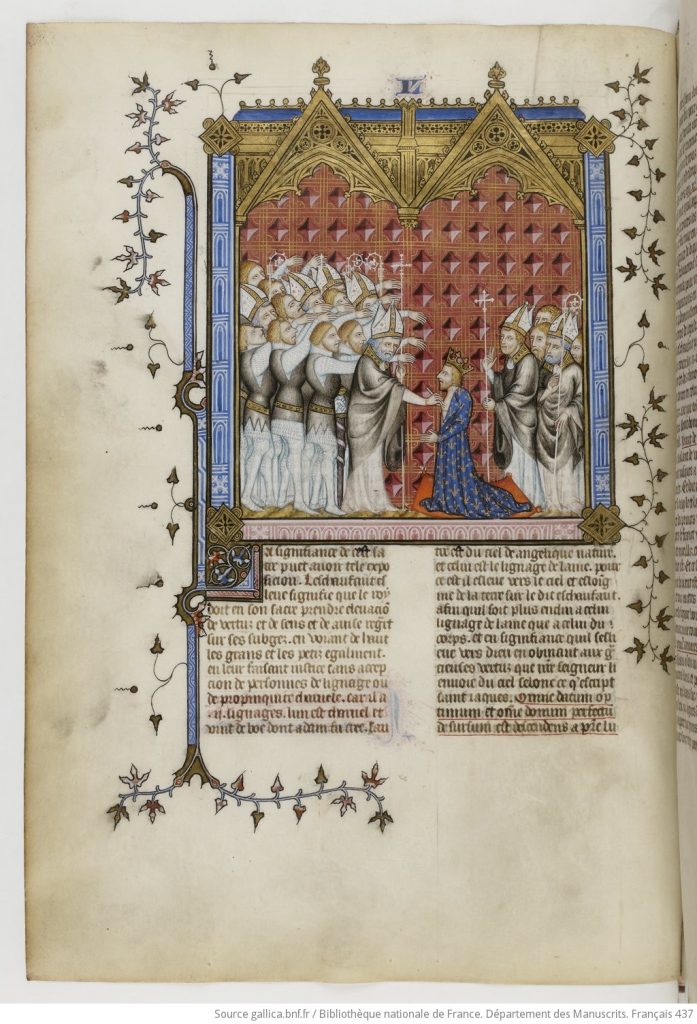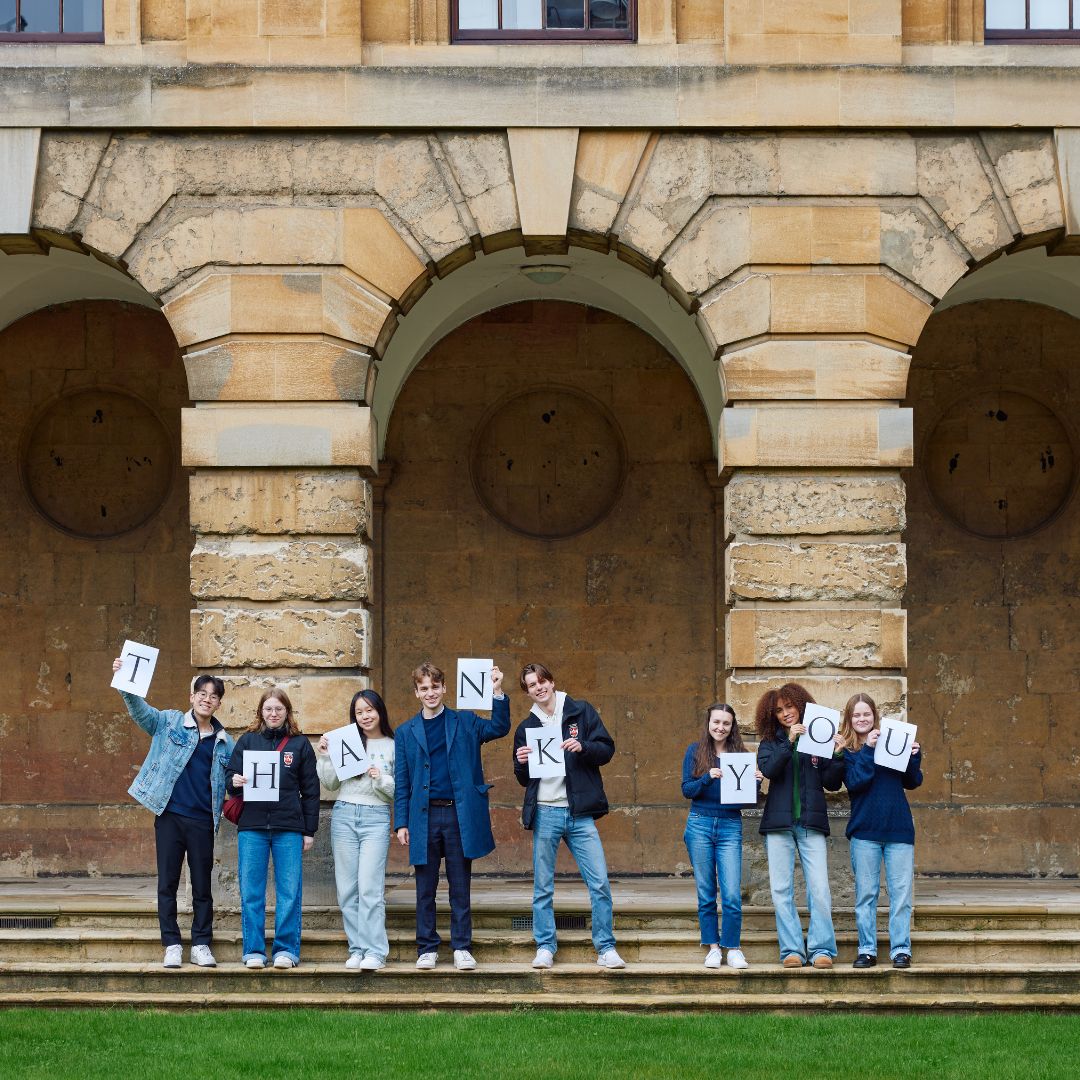Fellow in History Dr Conor O’Brien has published a prize-winning paper on the origins of royal anointing based on a conference paper given in 2021.
The Origins of Royal Anointing is published in Studies in Church History 59 (2023) and won the Ecclesiastical History President’s Prize for the best paper by an early career scholar.
Abstract
The anointing of kings emerged as a Christian rite of passage in the early Middle Ages, although the exact circumstances and sequence of events that led to the general emergence of the rite remain controversial. The article argues that royal anointing first became a recognised and repeated practice within two separate societies: seventh-century Visigothic Spain and the eighth-century Frankish kingdom.
Whereas previous work has stressed the role of Christian clerics in the emergence of this rite, the article argues that royal anointing had its origins within lay elite political culture and spoke primarily to the needs, not of the clerics who performed it, but of the laypeople who received and beheld it.
Image: royal anointing; source gallica.bnf.fr / Bibliothèque nationale de France.



